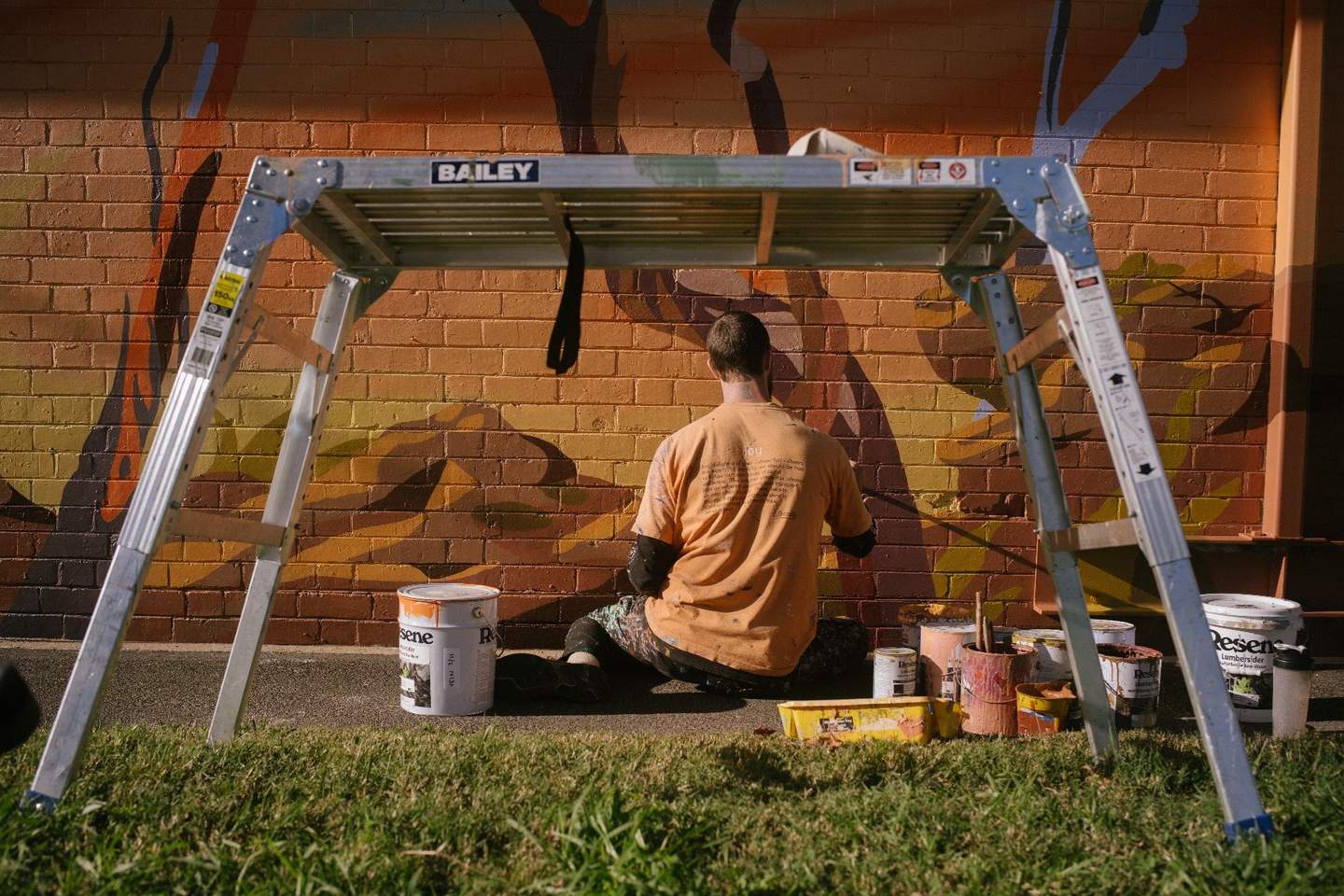
The ACT Council of Social Service (ACTCOSS) has today joined with Mental Health Community Coalition, Advocacy for Inclusion, (inc. PWD ACT Inc), Women with Disabilities ACT (WWDACT) and the ACT Disability, Aged & Carer Advocacy Service (ADACAS) to mark the 2021 UN International Day of People with Disability (IDPWD).
Spokespeople have provided statements reflecting on the UN sponsored theme for this year’s IDPWD: ‘leadership and participation of persons with disabilities toward an inclusive, accessible and sustainable post-COVID-19 world’.
Quotes attributable to Disability Representative Organisations and ACTCOSS:
Bec Cody, Mental Health Community Coalition ACT:
“It is vital to ensure that the leadership of people with disability in creating the National Disability Insurance Scheme is acknowledged. The lessons of COVID must be learnt including pockets of better consultation in the ACT by the Agency. Any future changes to the NDIS proposed by the Federal Government must not reduce the agency of people with disability or exclude people with psychosocial disability. They must start co-designing with us. More broadly, there is also a need for attention to the safety net, including a disability and illness supplement for people on the Disability Support Pension, changes to the impairment tables to make them fair and the abandonment of harmful proposals for income management.”
Nicolas Lawler CEO, Advocacy for Inclusion (inc. PWD ACT Inc):
“While days like this are a useful focal point, we need to move beyond celebration and recognition to action. We continue to see missed opportunities for true inclusion of people with disability in many decisions and actions which impact our lives.
“Today we call on our decision makers and community to proactively consider and champion opportunities for leadership and further participation of people with disability. We see these opportunities in many areas, including the development of an ACT Disability Health Strategy and in ongoing considerations of the implementation of the NDIS. The ACT’s pathway to economic recovery from the COVID pandemic also provides further opportunity to invest in improved infrastructure, planning and development for people with disability as well as more and concrete action through regulation and incentives to increase the availability of universal design housing.”
Wendy Prowse, CEO, ACT Disability, Aged & Carer Advocacy Service (ADACAS):
“This years IDPWD in the wake of the COVID public health crisis and the fires reminds us that people with disability, people experiencing mental ill-health, older persons, and carers all have the right to be included and supported in appropriate ways in planning for crises and in emergency responses to crises such as bushfires, the Canberra hailstorm in January 2020 and the COVID 19 pandemic. The ongoing Royal Commission into the Abuse, Violence, Neglect and Exploitation of People with Disability continues to highlight the importance of improved prevention practices, supports and responses for people with disability, people with mental ill-health, older people and carers experiencing violence, abuse, neglect and exploitation.
“All levels of Government have a responsibility to support full inclusion and participation of people with disability under the United Nations Convention on the Rights of Persons with Disabilities (UNCRPD). As a human rights jurisdiction it is also important that the ACT Government deliver on commitments for people disability in the parliamentary agreement. For instance, we need to progress work to provide access to supported decision making for parents with disability in particular for families where the Child Youth and Protective Services system is involved. In addition, work must continue towards a Disability Health Strategy, and towards an increase in the prevalence of new housing which is adapted and accessible to all.”
Kat Reed, CEO of WWDACT:
“ACT women with disabilities experience violence at approximately twice the rate of non-disabled women. We need to ensure women can access appropriate services that provide protection and support. Priorities include improving accessibility of crisis shelters in the ACT, full implementation of the Disability Justice Strategy including a gendered approach to justice issues and streamlining complaints processes at the ACT Human Rights Commission.”
Craig Wallace, Head of Policy, ACTCOSS:
“This year’s IDPWD theme is ‘leadership and participation of persons with disabilities toward an inclusive, accessible and sustainable post-COVID-19 world’. While a worthy end goal, today reminds us we are far from a ‘post-COVID-19 world’ for people with disabilities. International evidence shows us that people with disability are at much higher risk of serious disease and death from COVID-19 due to their medical conditions, disadvantage and difficulties accessing quality health care.
“As the ACT and indeed Australia moves into a new phase of relaxed COVID-19 restrictions, we must ensure that the needs of people with disability are heard and addressed. Governments need to enact workplans along the lines recommended by OzSage to ensure that people with disabilities aren’t left trapped in our homes in a two-speed COVID-19 recovery. We call on the ACT Government to invest in creating a strong, timely and impactful disability health strategy. We urge the ACT Government to listen to people with disability to create an inclusive response to disasters – including via a just transition to address climate change. The new Australian Disability Strategy will be tested by the commitment of all levels of Government to translate words into practical action in these and other areas.”
ACT disability and carers representative organisations have also co-signed an unprecedented joint letter today with the ACT Minister for Disability, Emma Davidson MLA calling for an end to damaging Federal Government commentary about NDIS costs along with a return to the principles of choice, control and participant co-design envisaged when the ACT became the first jurisdiction to sign on and implement the scheme almost a decade ago. You can also read a related joint opinion editorial piece here.







